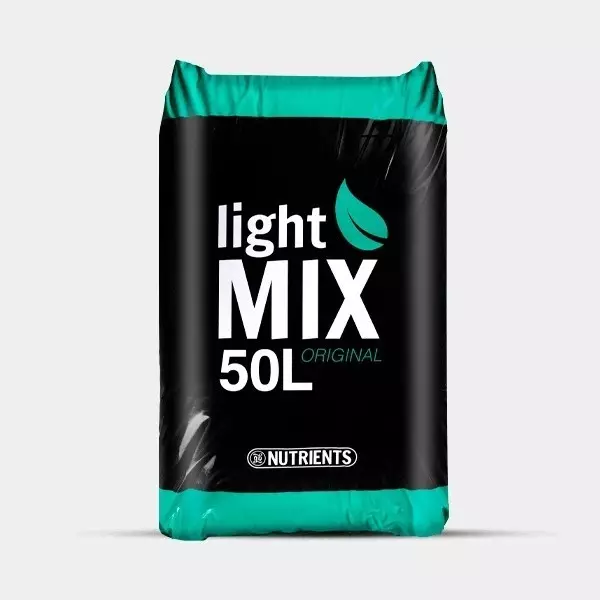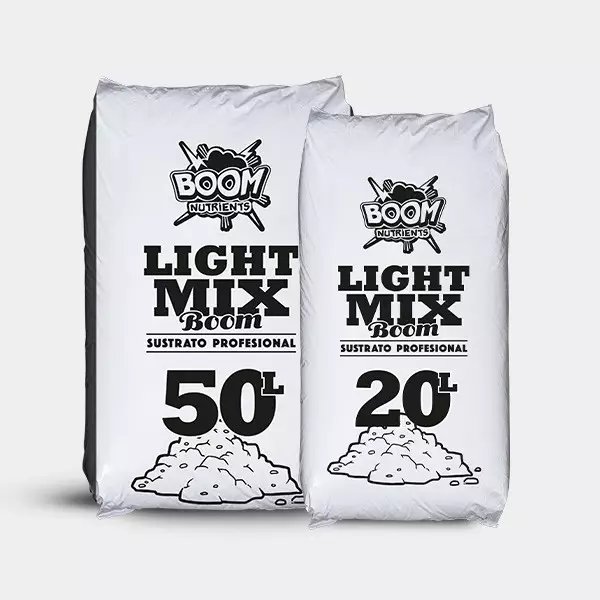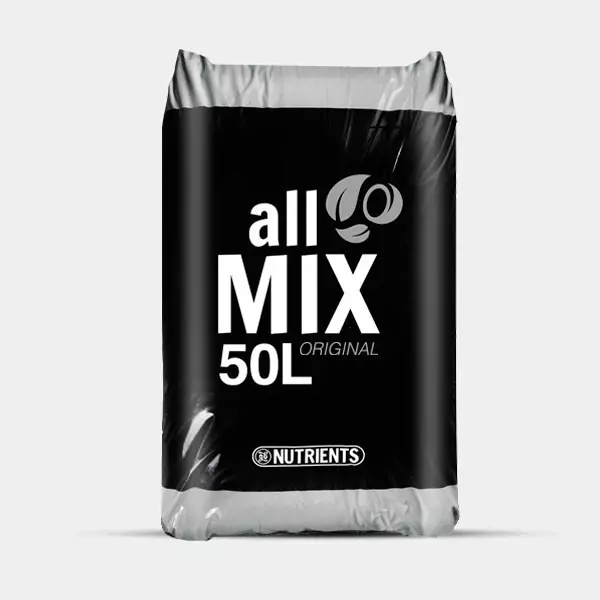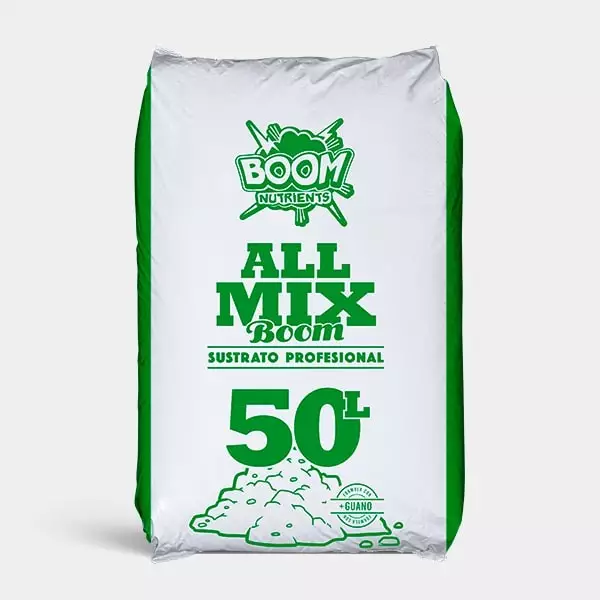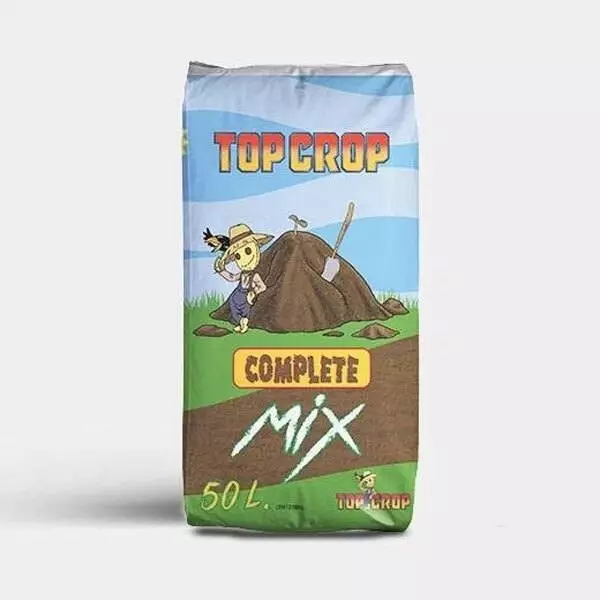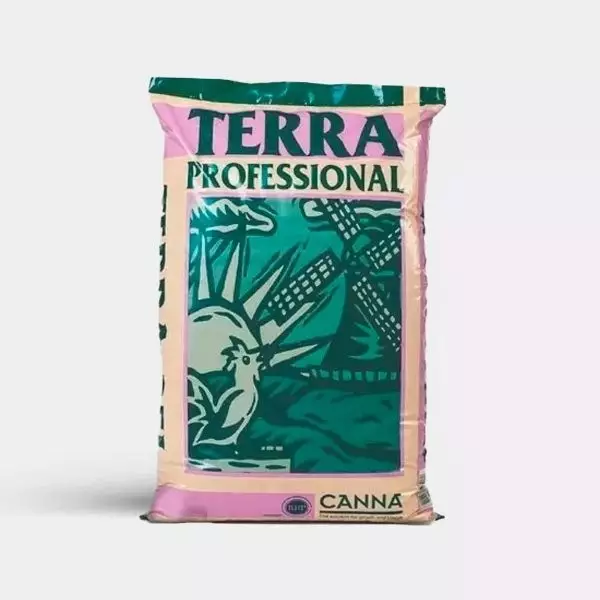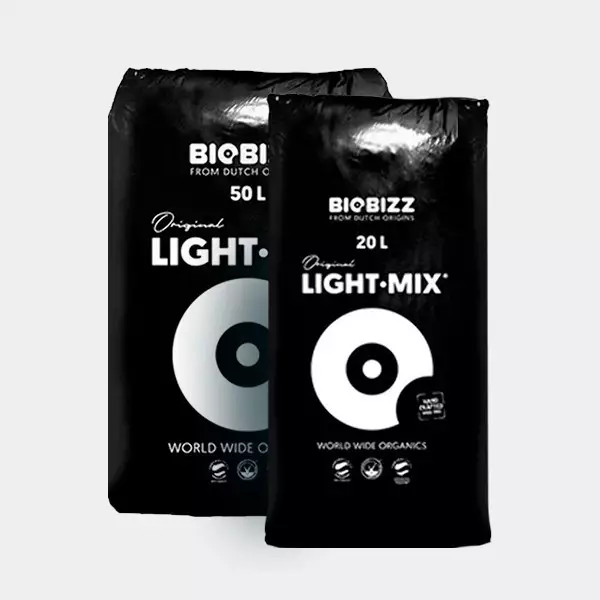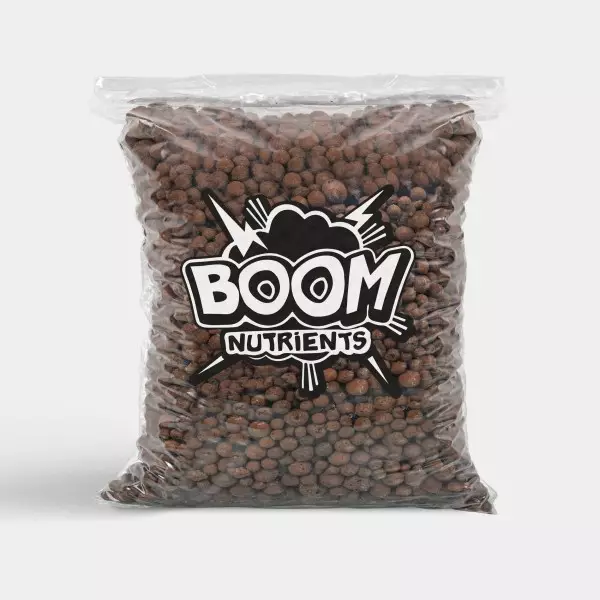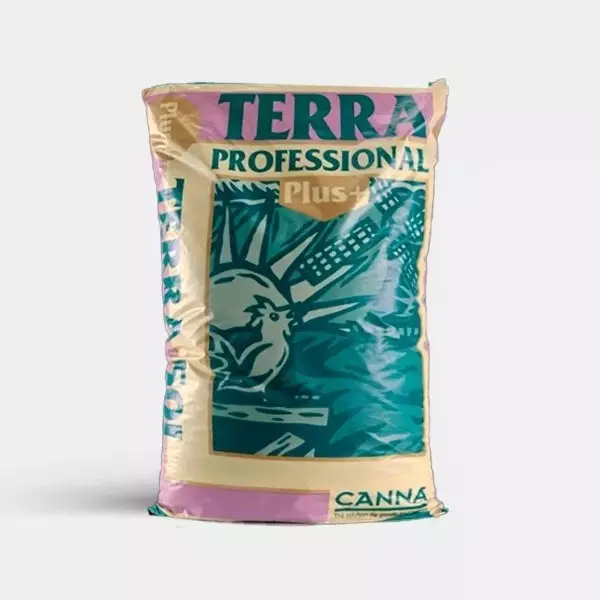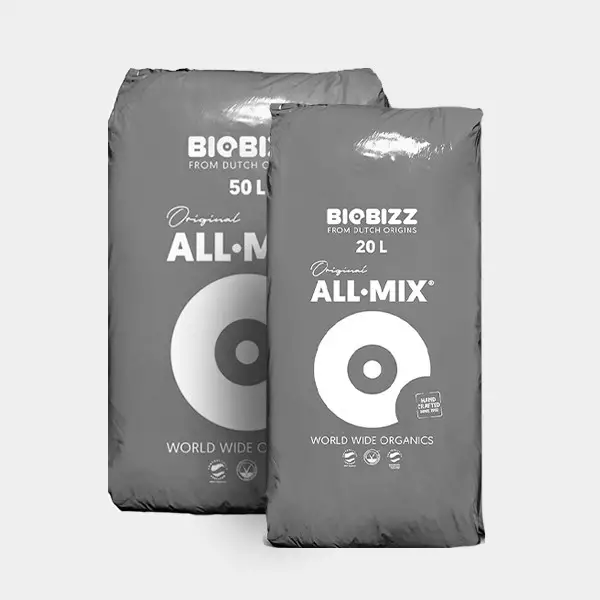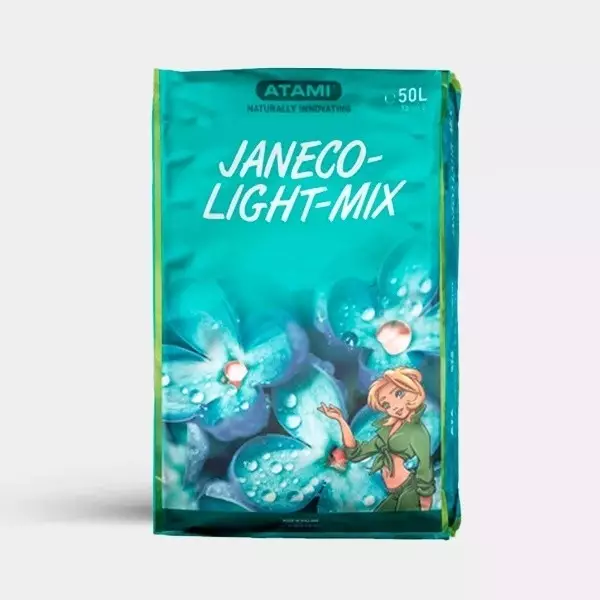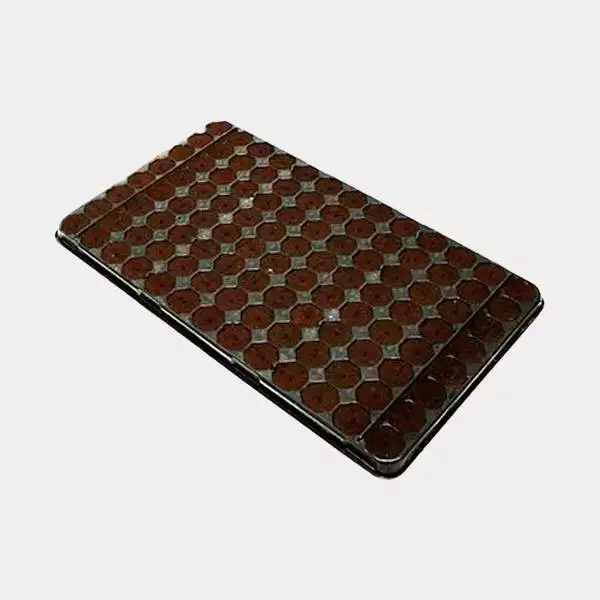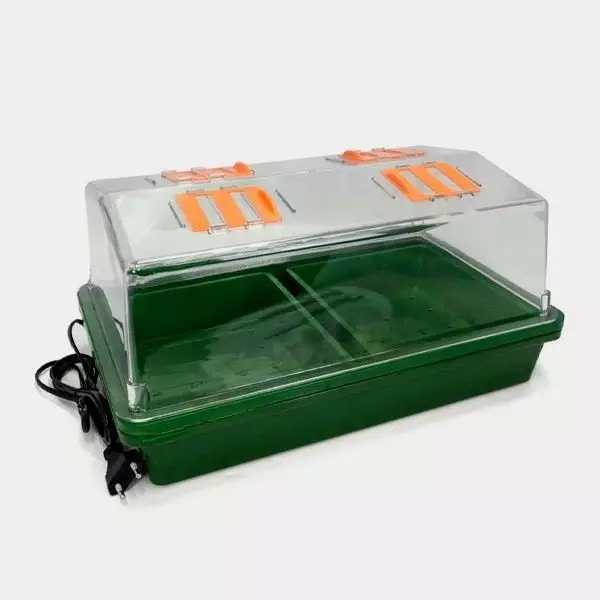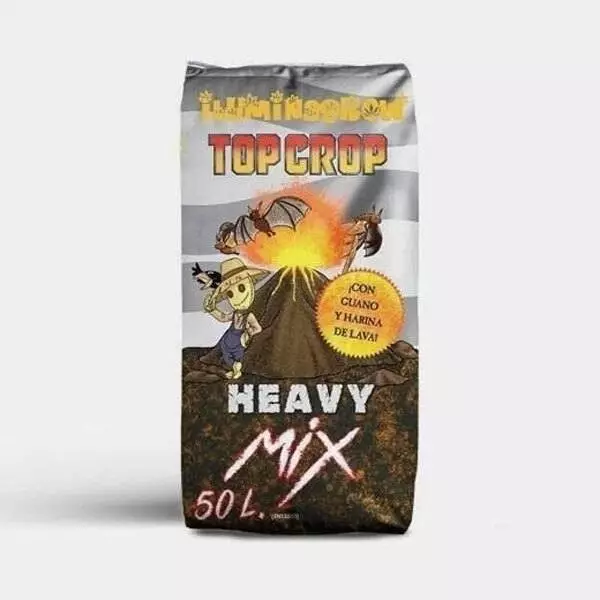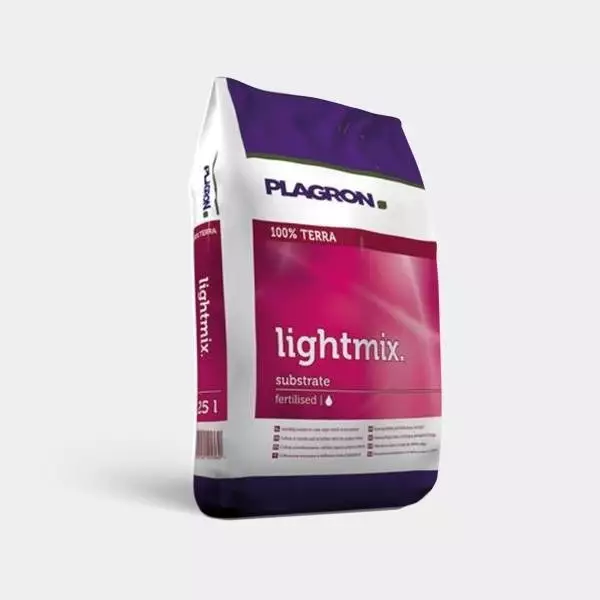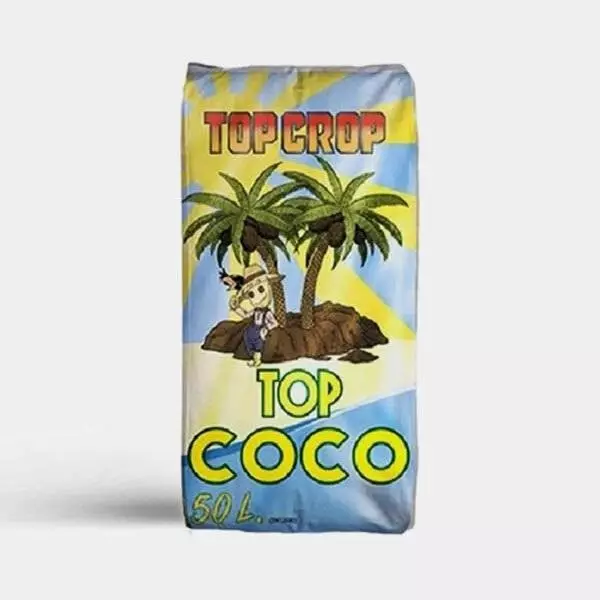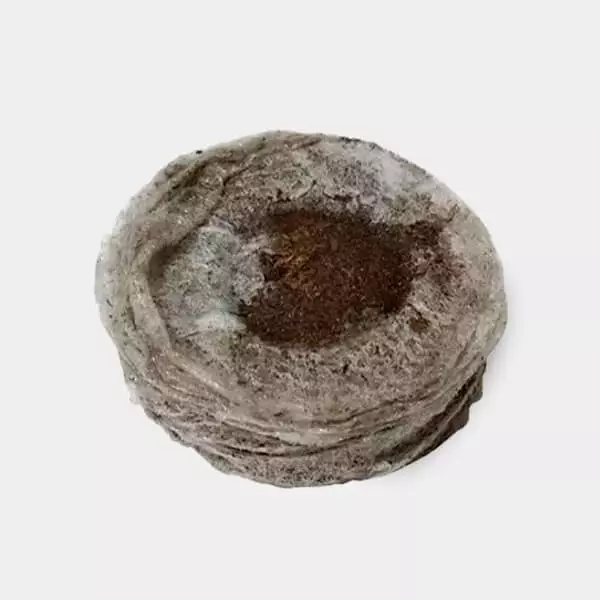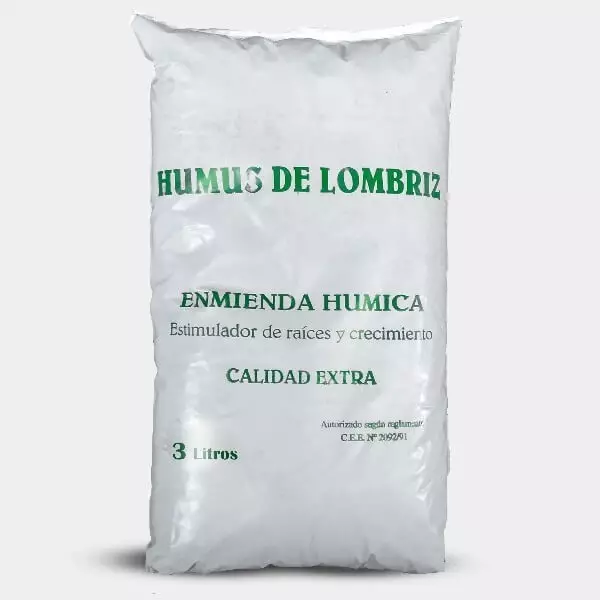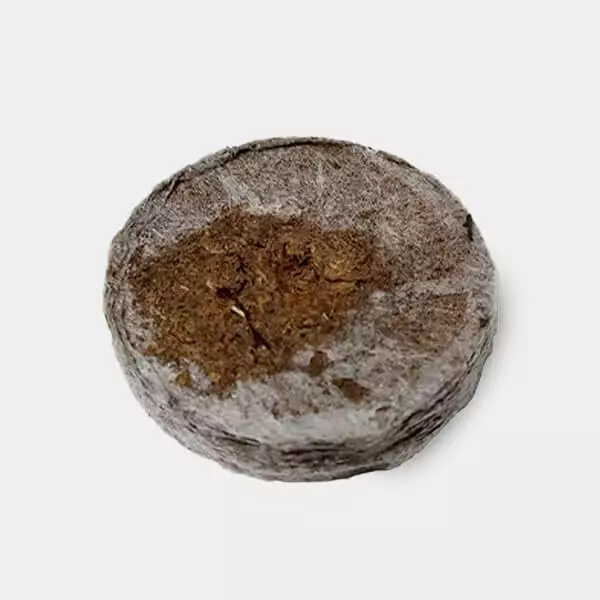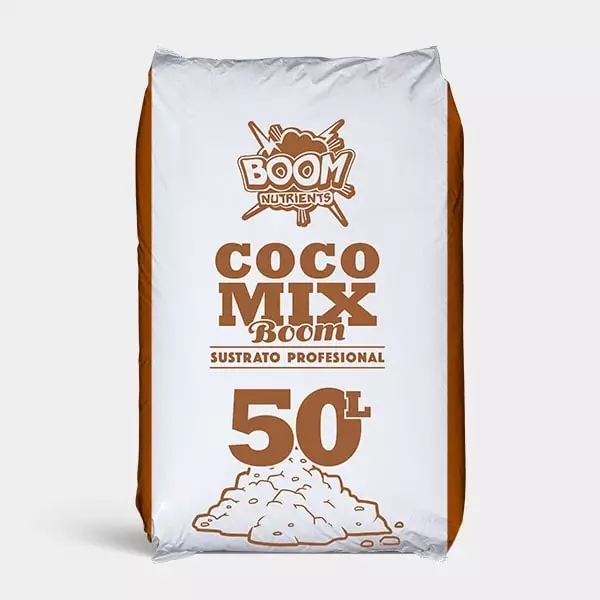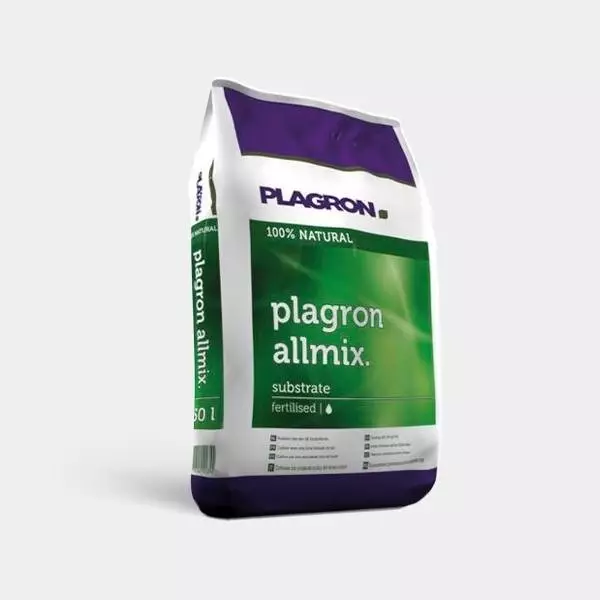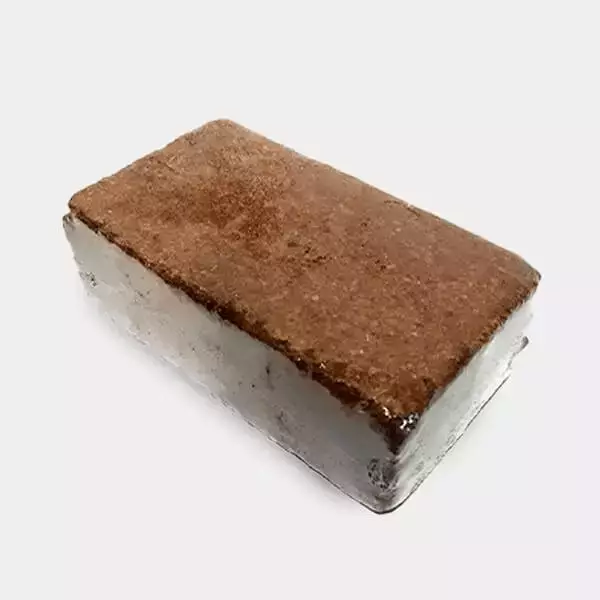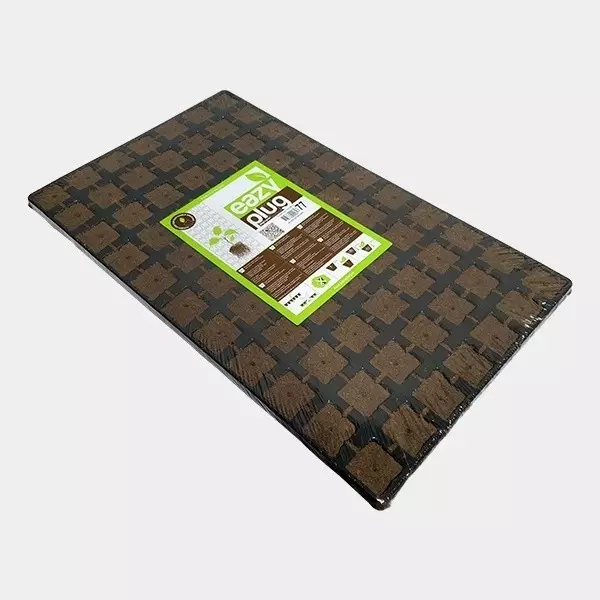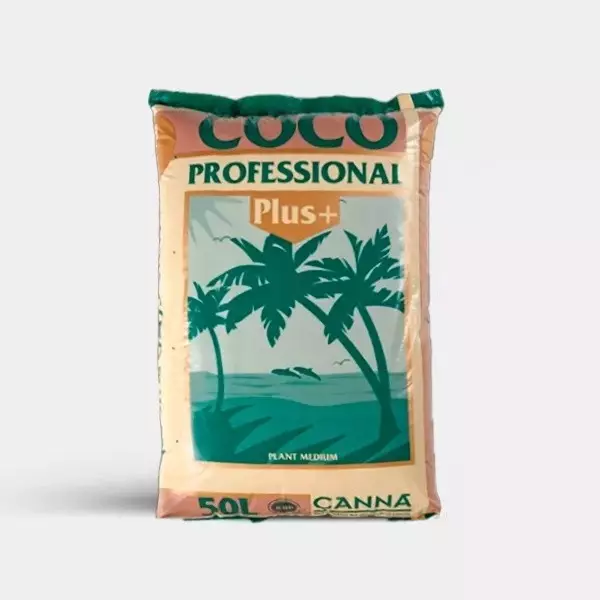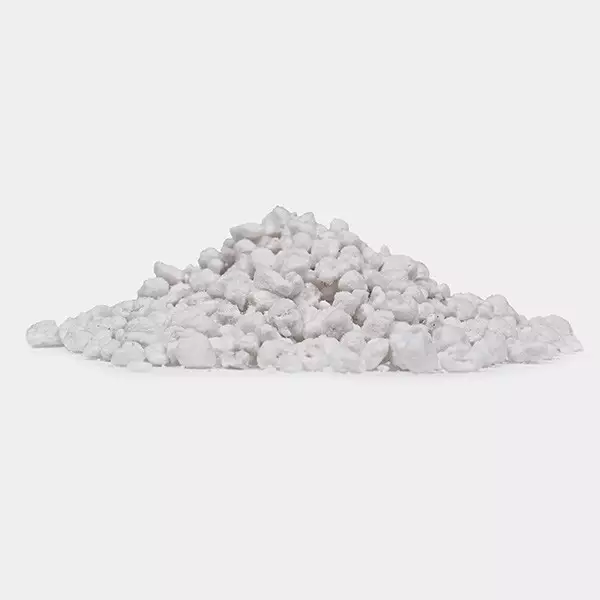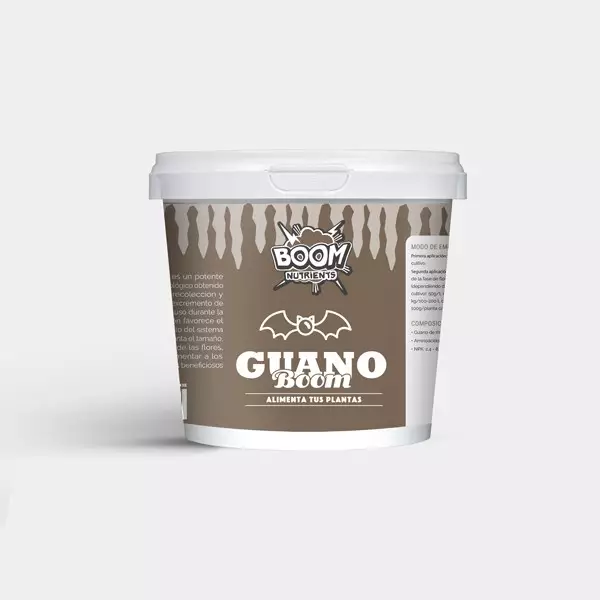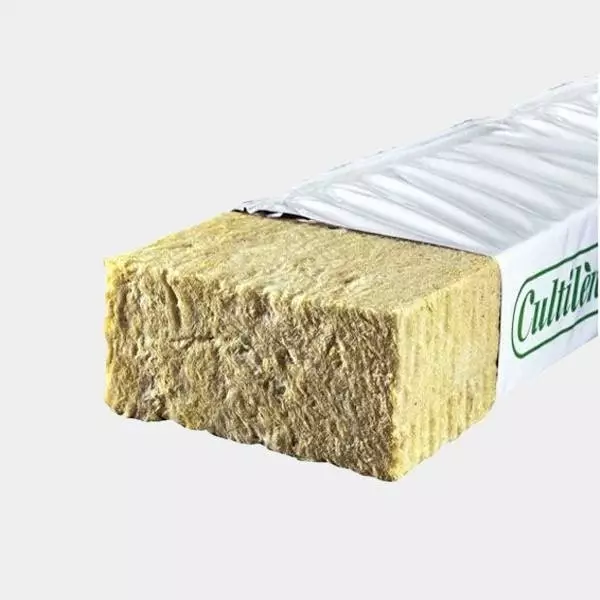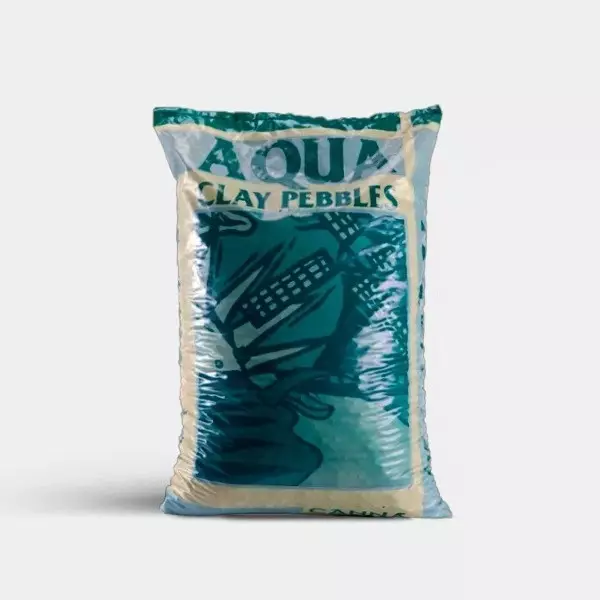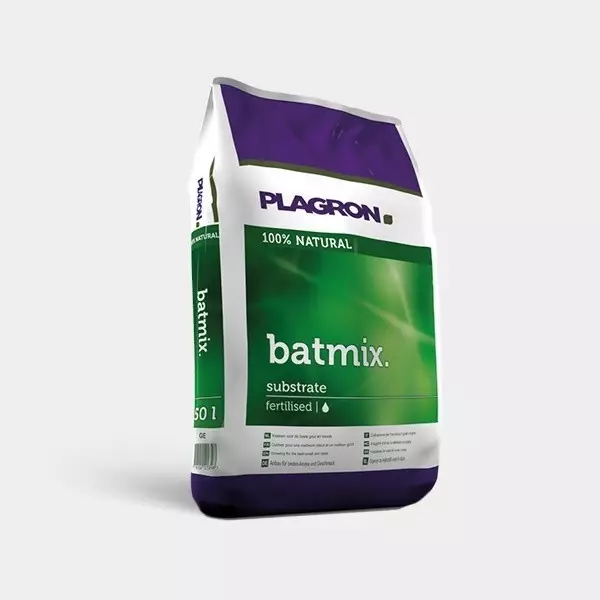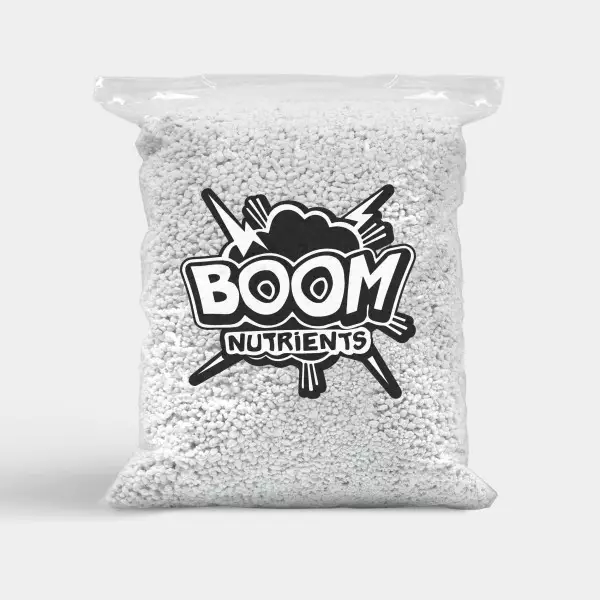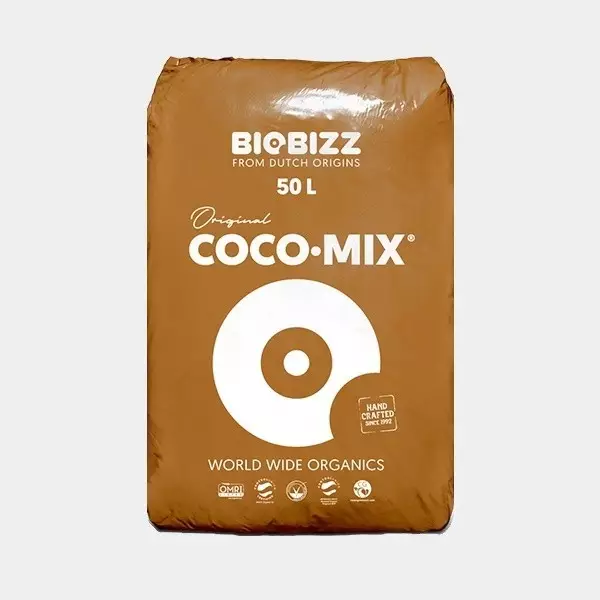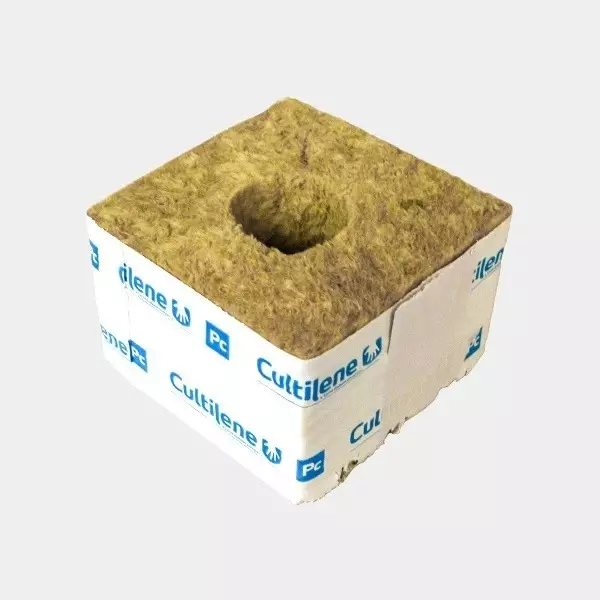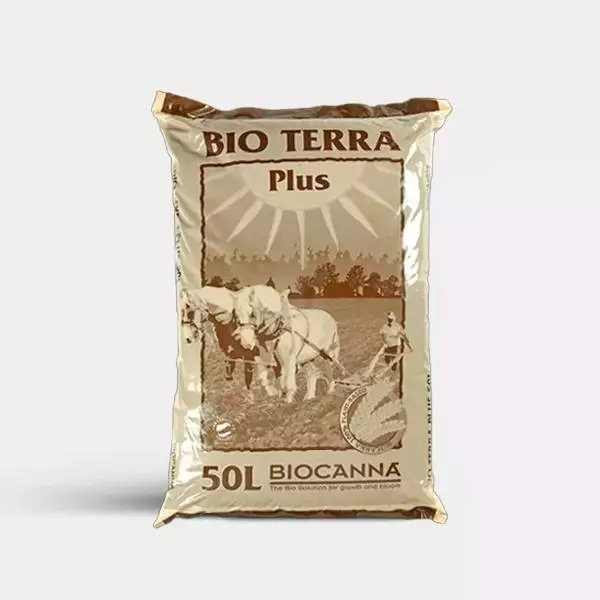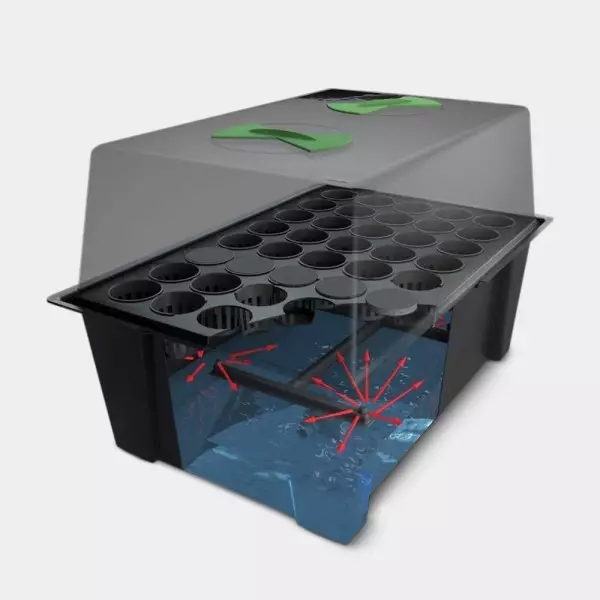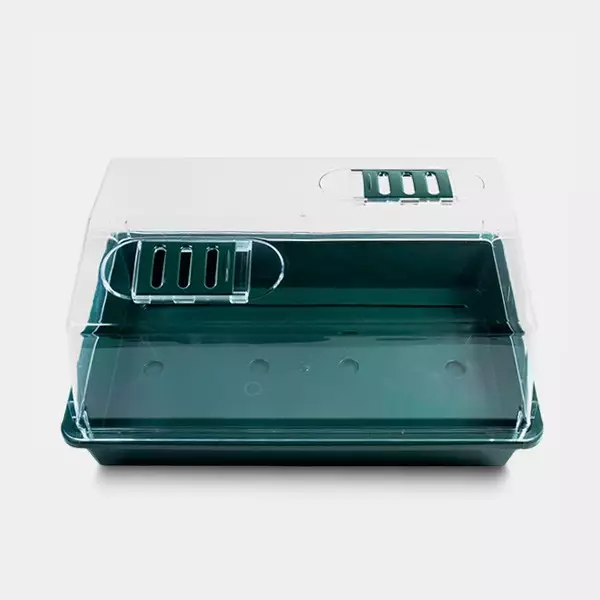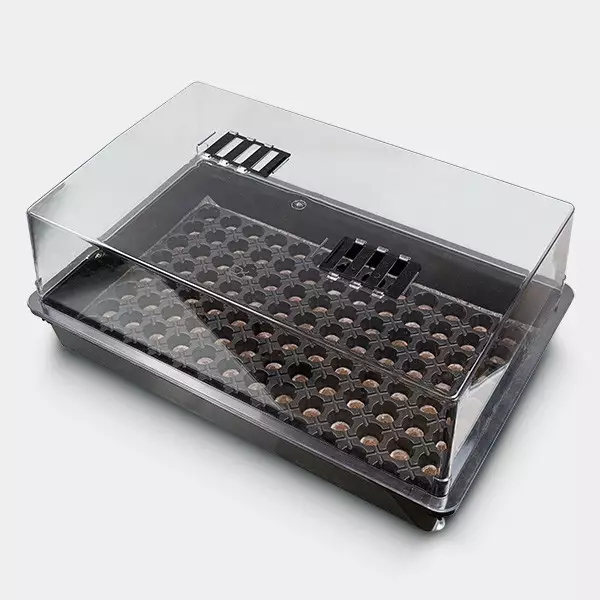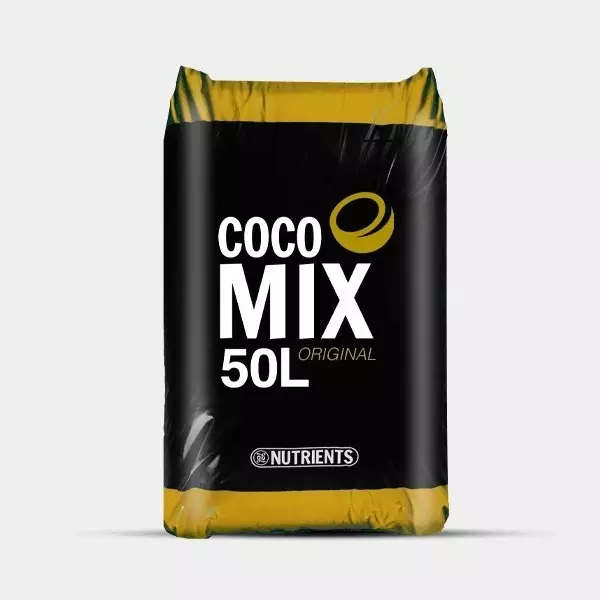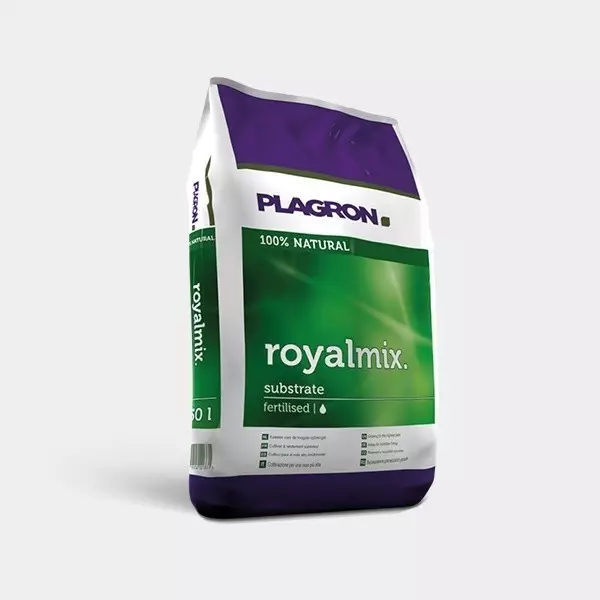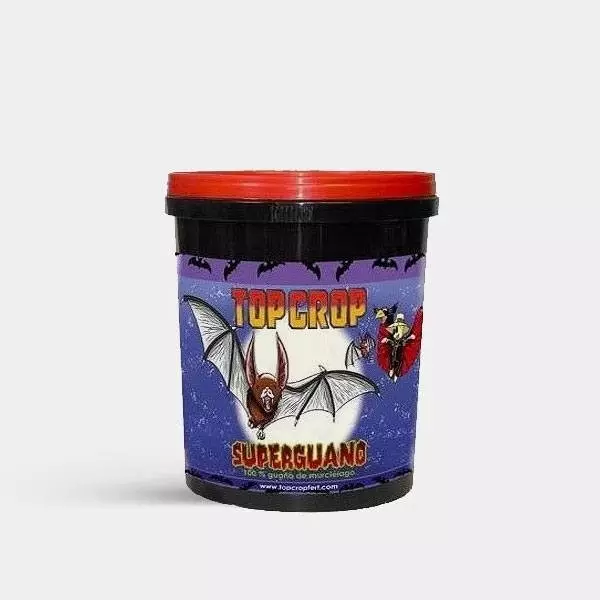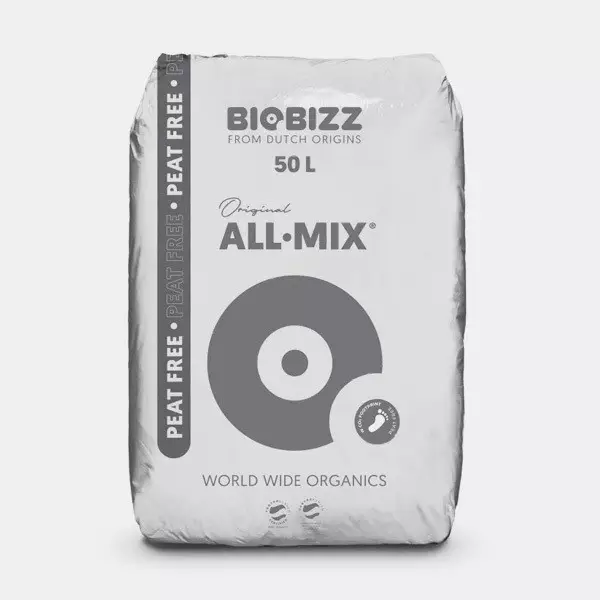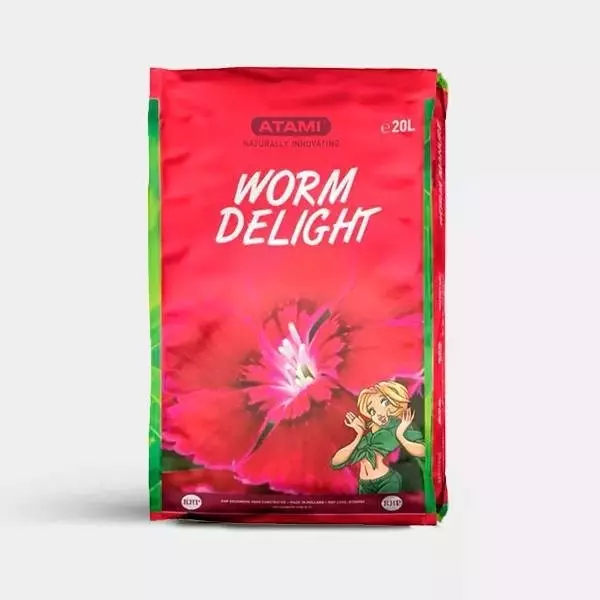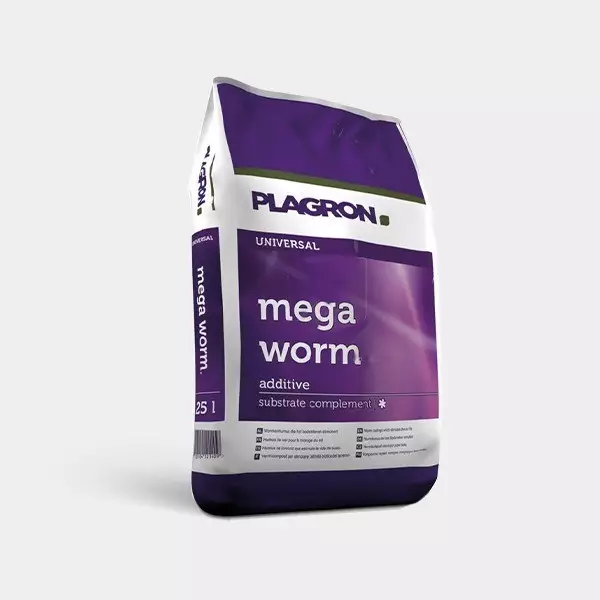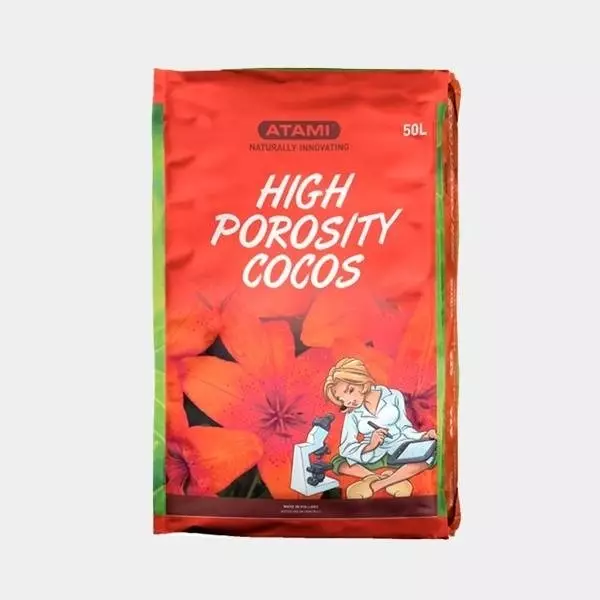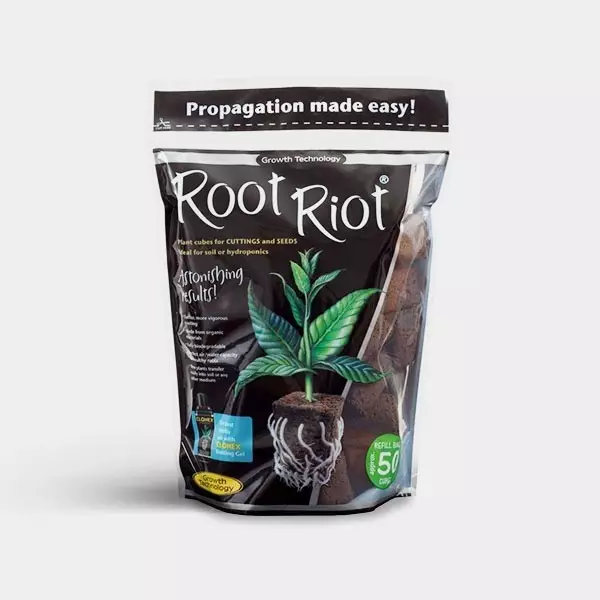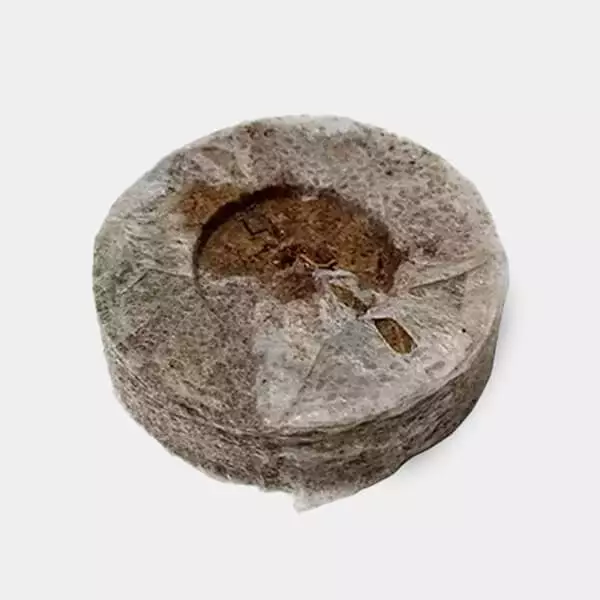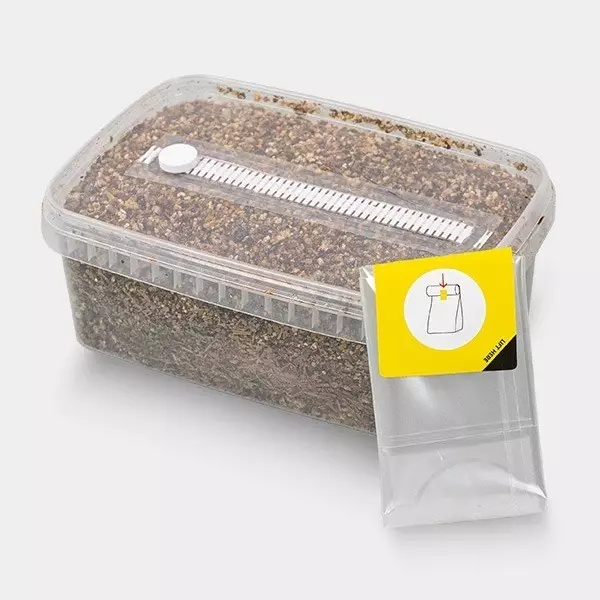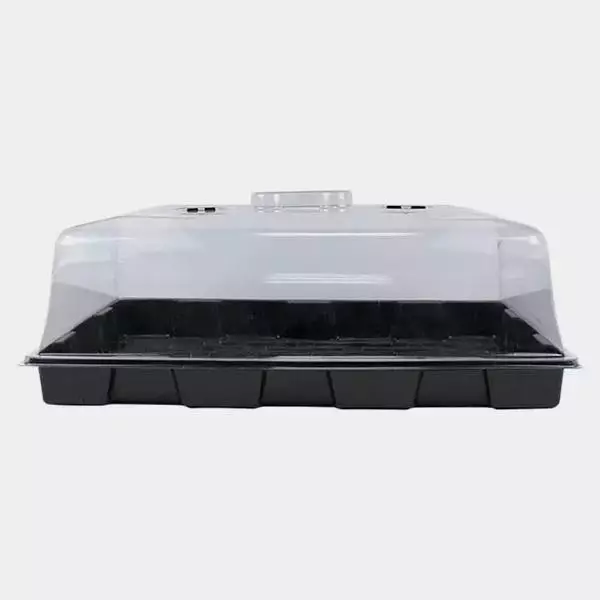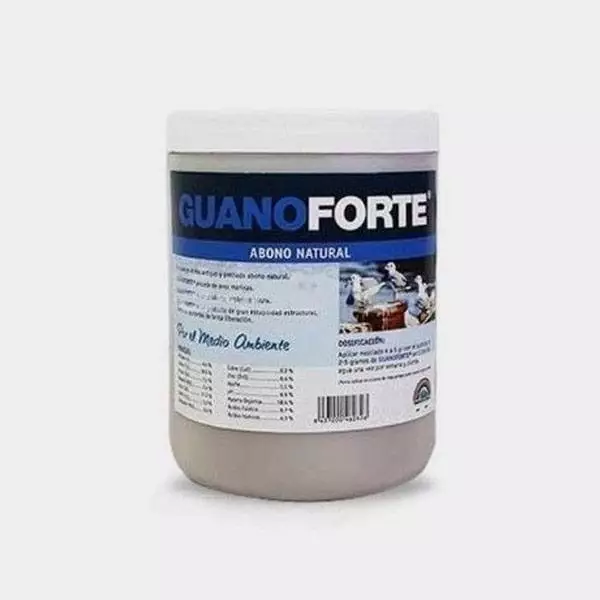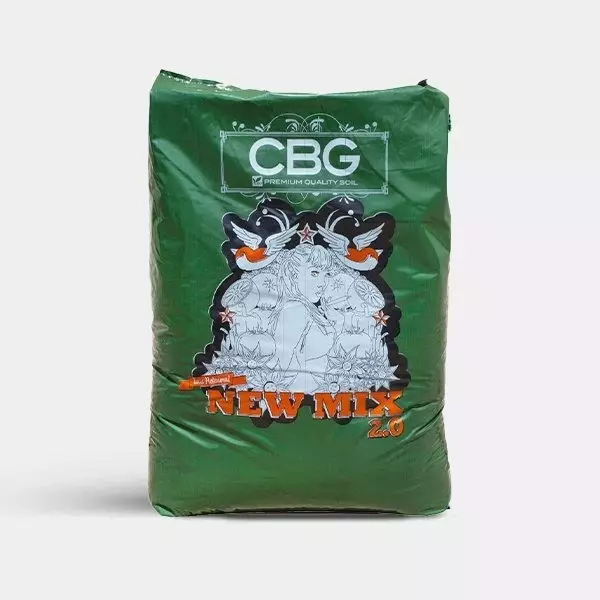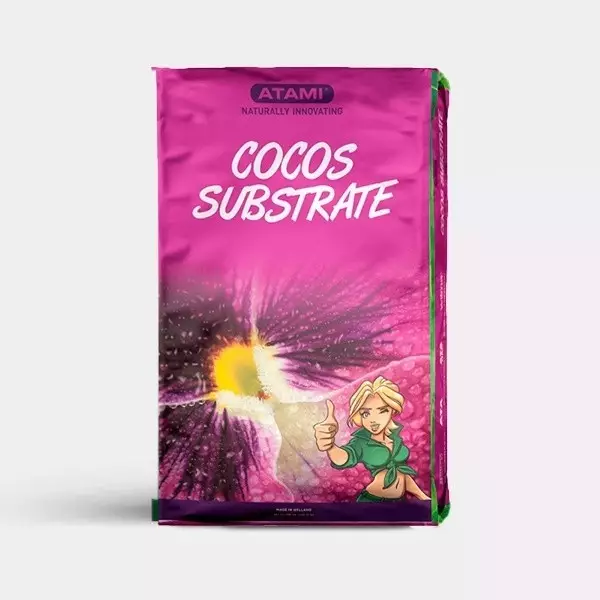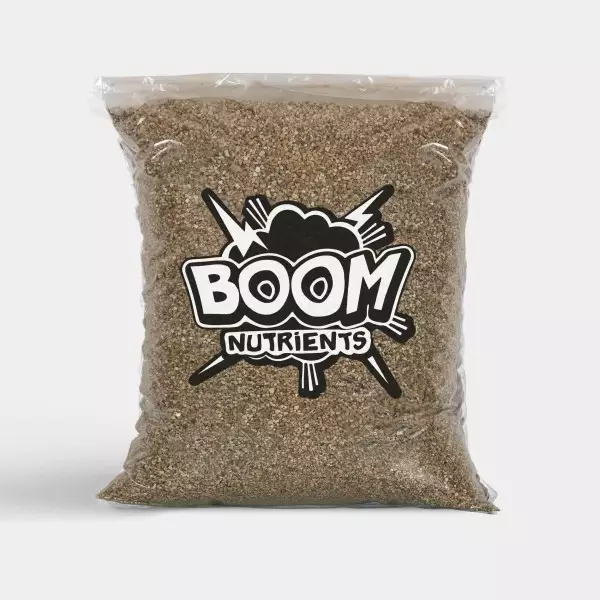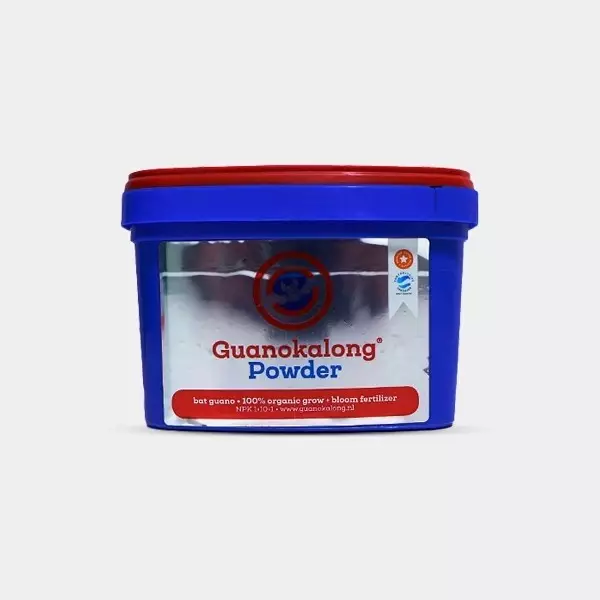Substrates for cannabis
Substrates are fundamental materials used in horticulture and gardening to support plant growth. They serve as a growth medium, offering a host of essential functions to plants. These functions include providing physical support for roots, facilitating nutrient uptake, ensuring proper water retention and drainage, and promoting aeration within the root zone. Thus, GB The Green Brand has created this substratesí category in order to help customers to find the product that best fits their growing needs.
Substrates Best Sellers
-
 Coco Coir Substrate
Coco Coir Substrate -
 Perlite
Perlite -
 Earthworm Humus
Earthworm Humus -
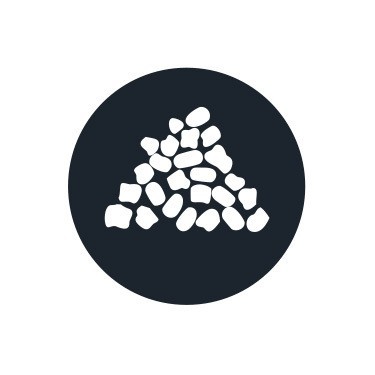 Vermiculite
Vermiculite -
 Bat Guano
Bat Guano -
 Expanded clay
Expanded clay -
 Jiffy Products
Jiffy Products -
 Rockwool
Rockwool -
 Bandejas semilleros
Bandejas semilleros -
 Germinadora de semillas
Germinadora de semillas
All the catalog: Substrates
GB The Green Brand Products
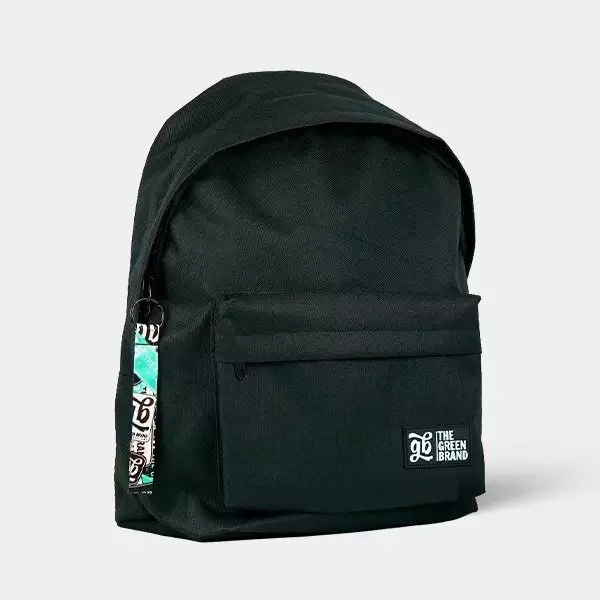
GB Backpack with GB Key ring
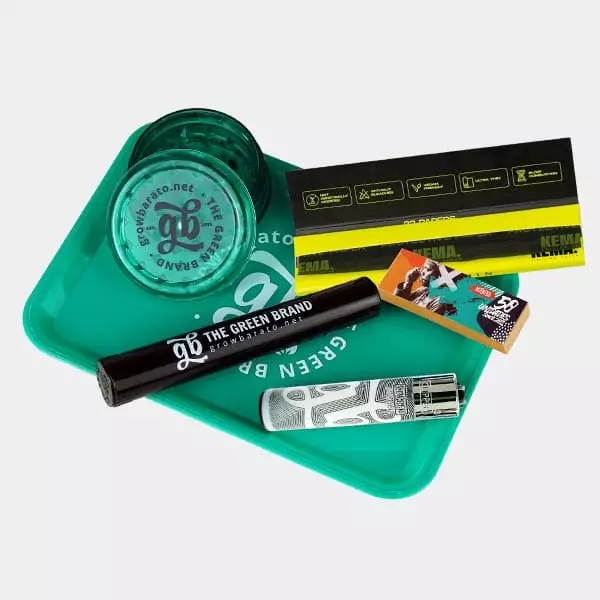
GB Smoker’s Kit

GB The Green Brand USB Electric Lighter
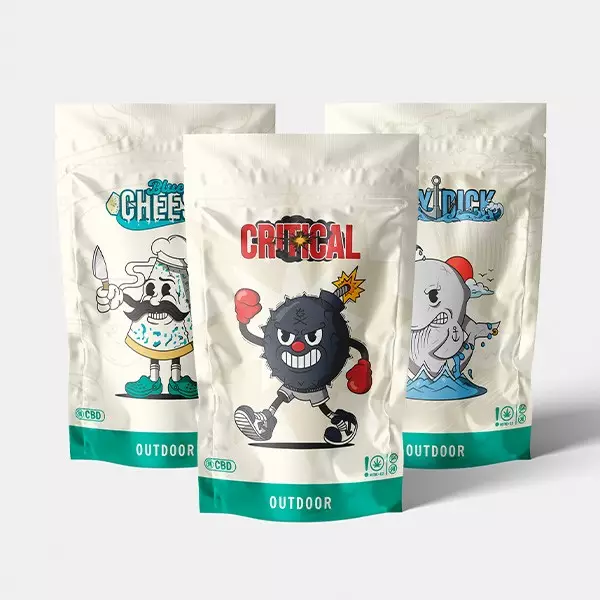

'Critical Friends' CBD Outdoor Flowers Pack

GB Submarine Silicone Bong
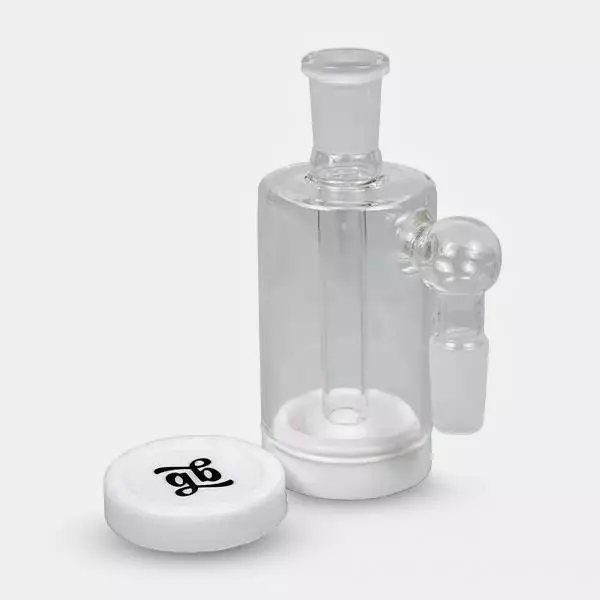
GB Ash Catcher

Substrates for marijuana
Using cannabis substrate for cultivation is the most common practice among cannabis growers worldwide. Soil for marijuana plants offers excellent growing conditions, and its use is relatively simple. However, it requires some basic knowledge. For this reason, in this category, you'll find high-quality substrates with all the information on how to use them correctly. We have included all the substrates and other solid fertilizers for cannabis cultivation that we work with at GB The Green Brand.
The importance of substrates
A substrate is a material used for growing various types of plants, which we often don't pay much attention to, as we generally see it as a simple mixture of soil to plant something in. But the substrate is more than that; in fact, it is the main component that allows a plant to root, develop, feed, and strengthen its structure, enabling it to bloom, be pollinated, and either keep its offspring active or produce large floral clusters to later enjoy its effects and flavors (without seeds).
Difference between cannabis substrate and soil
Substrate and soil are essential components in gardening and agriculture, but they have key differences in composition and use:
- Soil is the natural material found in the ground, composed of minerals, organic matter, water, and air, and it can vary widely in quality and texture depending on its location.
- The substrate, on the other hand, is a mix specifically designed to provide an optimal growing medium for plants, with a controlled composition tailored to specific needs for aeration, drainage, and nutrition.
Substrate Characteristics and Properties
For a substrate to be of quality and usable for marijuana cultivation, it must meet certain specific physical and chemical conditions, which are achieved through the mixture of different materials. This makes choosing a substrate a bit more complicated when cultivating plants, as there are many substrates for marijuana with varying compositions on the market. Therefore, one of the first things we must consider are the properties that it should have:
- The physical properties of a quality substrate include a high capacity for water retention and aeration (porosity), some fluffiness, and a low compaction capacity.
- The chemical properties of a quality substrate include a low to medium cation exchange capacity, a certain amount of nutrients that can be absorbed by plants, the ability to keep pH stable, and pH levels between 5.5 and 7.0.
These are some of the properties that substrates should have, explained simply. In a more detailed manner, specific values are needed for each property.
Generally speaking, all the cannabis substrates we offer meet these minimum requirements regarding characteristics and properties. This means that we can grow with any brand of substrate and get good results, although depending on the growing conditions, the time of year, and our cultivation methods, among other factors, we might prefer one type of substrate over another.
Types of substrates
The different types of substrates we can work with are classified according to various criteria, but in general, in cannabis cultivation, we distinguish them as inert and active, and by origin, which can be organic or chemical.
Inert substrates
Inert substrates are those that require continuous nutrient application because they contain none by themselves and have a very low mineral retention capacity.
- Expanded clay
- Rock wool
- Perlite
Active substrates
Active substrates are those that contain nutrients and also have the ability to gradually release them through decomposition, among other factors.
- Sphagnum peat
- Black peat
- Vermiculite
Substrates and soil for outdoor marijuana
When buying a substrate for outdoor marijuana cultivation, whether in a pot or directly in the ground, besides the environmental factors that must be considered when choosing one type or another, the wide variety and quality available must also be evaluated. There are three different types of soil for outdoor marijuana:
- For humid areas with frequent rainfall, a good substrate for such areas should have an airy structure and medium to low water retention. With these characteristics, the goal is to avoid waterlogging the soil for several days, preventing root suffocation and the appearance of harmful fungi.
- Stable areas: Ideally, you should work with a substrate that offers medium to high water retention but also allows for progressive aeration, which speeds up the drying of the substrate and soil in case of rain and helps maintain moisture on sunny days.
- In areas with high temperatures, it's best to use a soil substrate with high water retention and low aeration, as the goal is to prevent the substrate from drying out within a few hours.
If you're looking for the best soil for outdoor cultivation, these characteristics should be considered. Among other outdoor marijuana substrates and soils are:
| Product | Characteristics |
|---|---|
| Canna Terra Professional | Composition: Peat mix, perlite, tree bark. pH: 5.8 - 6.2. EC: 1.0 - 1.2. Application: Pot and soil cultivation. NPK content: 12-14-24. |
| BioBizz Light Mix | Composition: Sphagnum peat, perlite, organic compost. pH: 6.2 - 6.5. EC: 1.2 - 1.3. Application: Ideal for germination and cuttings. NPK content: 1-1.5-2. |
| Plagron All Mix | Composition: Peat, worm humus, perlite. pH: 6.0 - 7.0. EC: 1.5 - 2.0. Application: All types of plants, especially for flowering. NPK content: 2.5-2-5. |
| All Mix from GB Nutrients | Composition: Peat, worm humus, perlite, natural minerals. pH: 6.2 - 6.8. EC: 1.5 - 2.5. Application: Pot and soil cultivation. NPK content: 3-2-4. |
| Light Mix GB Nutrients | Composition: Peat mix, natural minerals, coco fibers. pH: 6.2 - 6.8. EC: 1.0 - 1.2. Application: Ideal for seedlings, cuttings, and early vegetative growth. NPK content: 1.5-1-2. |
Aquí tienes el código HTML traducido al inglés americano: ```html
Best soil and substrates for indoor plants
When selecting the best soil and substrates for indoor marijuana cultivation, it is important to consider, as with outdoor cultivation, the climate of the area, in addition to the characteristics of the grow room or tent. You should also take into account the intensity of fertilization and the genetics being grown.
Considering these factors, you can choose the best soil for indoor plants. Some of the best soil and substrates for indoor plants available on our website are:
| Product | Features |
|---|---|
| Janeco Light Mix by Atami | Composition: Peat, perlite, coconut fiber, worm humus. pH: 6.0 - 6.5. EC: 1.0 - 1.5. NPK: 1-1-1. |
| Top Crop Complete Mix | Composition: black peat, blonde peat, perlite, worm humus, guano. pH: 6.0 - 6.8. EC: 1.5 - 2.0. NPK: 4-2-4. |
| Light Mix GB Nutrients | Composition: sphagnum peat, perlite, coconut fiber, organic compost. pH: 6.0 - 6.5. EC: 1.0 - 1.2. NPK: 1-1-1. |
| All Mix Boom Nutrients | Composition: peat, worm humus, perlite, natural minerals. pH: 6.2 - 6.8. EC: 1.5 - 2.5. NPK: 3-2-4. |
Soil for growing marijuana in pots
At GB The Green Brand, we offer a wide range of substrates specifically designed for growing marijuana in pots. Our selection includes nutrient-rich mixes, such as worm humus, perlite, and high-quality peat, ensuring optimal growth and healthy plant development.
These substrates are formulated to provide excellent aeration and water retention, creating the ideal environment for roots. Whether you are a beginner or an experienced grower, our substrates ensure that plants receive the necessary support and nutrients to maximize their potential and yield at every growth stage.
| Product | Features |
|---|---|
| Coco Mix GB Nutrients | Composition: coconut fiber, peat. pH: 5.5 - 6.5. EC: 0.5 - 0.7. NPK: 0.3-0.1-0.3 |
| Top Crop Heavy Mix | Composition: black peat, blonde peat, coconut fiber, perlite, worm humus, guano. pH: 6.0 - 6.8. EC: 1.8 - 2.2. NPK: 4-2-4 |
| Plagron Royal Mix | Composition: peat, worm humus, perlite, guano. pH: 5.9 - 6.2. EC: 1.2 - 1.5. NPK: 1.8-1.0-1.0 |
Substrates for plants available at GB The Green Brand
At GB The Green Brand, we offer a wide variety of plant substrates to meet different cultivation needs, ensuring the best environment for plant growth and development. From organic substrates enriched with essential nutrients to specialized blends designed for hydroponic horticulture, our selection includes high-quality products that promote proper aeration, drainage, and moisture retention. Our substrates are formulated to optimize pH and provide an ideal balance of organic matter, making them suitable for both amateur gardeners and professionals.
Universal substrate 50 Liters from various brands
The universal 50-liter substrate, available from various brands, is a versatile product designed to meet the needs of a wide range of plants, both indoor and outdoor. This type of substrate is carefully formulated to provide an ideal balance of drainage, moisture retention, and aeration, ensuring an optimal environment for root development and healthy plant growth. Composed of a blend of peat, perlite, vermiculite, and sometimes organic matter such as compost, the universal substrate is enriched with essential nutrients that promote vigorous growth from planting to flowering.
Specialized cannabis substrates
Specialized cannabis substrates are designed to maximize the growth and yield of this plant, meeting its unique nutritional and growth conditions. These substrates typically include a mix of components such as peat, perlite, vermiculite, and sometimes coconut, ensuring good aeration and drainage—crucial elements to prevent overwatering and promote strong root development. Additionally, they are often enriched with a specific balance of nutrients, like nitrogen, phosphorus, and potassium, along with essential micronutrients that promote vigorous growth and help increase flower and resin production.
All Mix substrates: the perfect blend for your crop
All Mix substrates represent the ideal solution for gardeners seeking a fully equipped mix for their crops, eliminating the need for additional adjustments or supplements during the initial stages of plant growth. This rich and nutritious blend is designed to simulate fertile soil with a vibrant microbial ecosystem, providing plants with all essential nutrients from the moment of planting. Composed of a high-quality peat base, with additions of worm humus, perlite to improve aeration, and other organic components, All Mix promotes vigorous root development and robust growth.
Substrate additives
Substrate additives are essential for optimizing plant growth, providing elements that enhance the physical, chemical, and biological characteristics of the growing medium. These include additives like perlite and vermiculite, which improve aeration and drainage, preventing substrate compaction and promoting healthy root development. Organic fertilizers, such as worm humus or compost, also stand out, enriching the substrate with essential nutrients.
Coconut Fiber
Coconut fiber substrate, derived from the fibers of the coconut shell, is highly valued in horticulture for its ability to retain water while ensuring good aeration and drainage, which is essential for healthy root development. This growing medium is lightweight, porous, and exhibits remarkable structural stability, preventing compaction. Additionally, coconut fiber maintains a neutral pH, ideal for most plants, and is particularly suitable for plants that prefer well-aerated and moisture-rich environments.
 Personalized attention +34 96 206 62 98
Personalized attention +34 96 206 62 98 SHIPPING TO ALL
SHIPPING TO ALL Discreet shipping
Discreet shipping